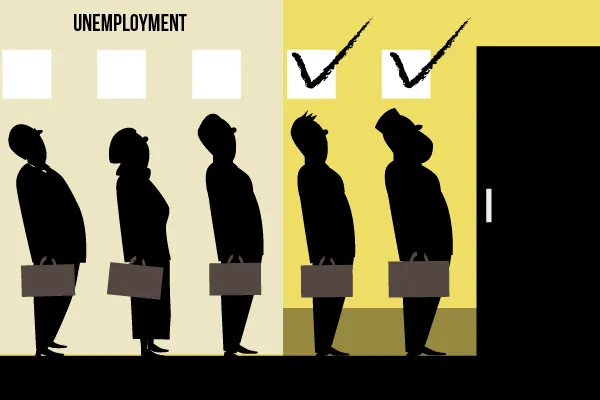
The economic objective of nations, like that of individuals, is to achieve maximum performance with the least effort. All the economic progress of mankind has consisted in obtaining greater production with the same work. This impulse induced the man to put the loads on the backs of the mules, instead of transporting them on their own backs; made him invent the wheel and the cart, the railroad and the truck. It was this, in the end, the motive that encouraged him to use his ingenuity in the improvement of a number of economizing mechanisms of work. All this is so elementary that it would be ridiculous to expose it, unless it is constantly forgotten by those who coined and circulated the new partisan slogans. Expressed in national terms, this basic principle of economic reasoning means that our primary objective must be to raise production to the maximum. Total employment - that is, the absence of involuntary leisure - is a necessary consequence of achieving this goal. But production is an end; the only means of obtaining it. We can not indefinitely prolong a state of full performance of our economy without engendering full employment at the same time. On the contrary, we can easily achieve 'full employment' without having achieved full production.
The primitive tribes are naked, their food and lodging are miserable, but they do not suffer unemployment. China and India are incomparably poorer than the West, but their main economic difficulty arises from the primitive methods of production used (cause and effect, at the same time, capital shortages), not unemployment. There is nothing easier to achieve than total employment when, considered as an end, it is disconnected from the goal of full production.
Issues linked to the problems of wages and unemployment are discussed as unrelated to productivity and the total volume of goods produced. Assuming that there is only a certain amount of work to be done, some come to the conclusion that the thirty-hour week would provide more jobs and would therefore be preferable to forty hours. Many trade union practices aimed at extending employment are tolerated, because people lack a clear vision of these problems. If you threaten to ruin a radio station for not being able to employ twice as many musicians as you think necessary, you will enjoy the support of a large section of the public for supposing that, ultimately, it is just a matter of creating placements.
If it were possible, the choice - which is not possible - would be preferable to maximal production by keeping part of the population in involuntary idleness by means of an undisguised charity to provide "full employment" if it is necessary to resort to so many disguised procedures of distribution of labor , that eventually the production is disorganized.
The progress of civilization has meant reducing the number of people employed, not their increase. The continued growth of our national wealth has enabled us to virtually eliminate child labor, to free the pressing need to work for the elderly, and to make it unnecessary for millions of women to seek placement, the proportion of the American population which needs to work to subsist is much smaller than that of China. The real problem is not whether in the future there will be as many millions of people employed in West, but what will be the total volume of production at that time, and consequently the standard of living. The problem of the distribution of wealth, considered as the question of the day, is easier to solve, after all, the greater the flow of goods to distribute.
We can clarify our reasoning if we place our greatest emphasis on the place where it really corresponds: in an economic policy that allows to raise production to the maximum.

